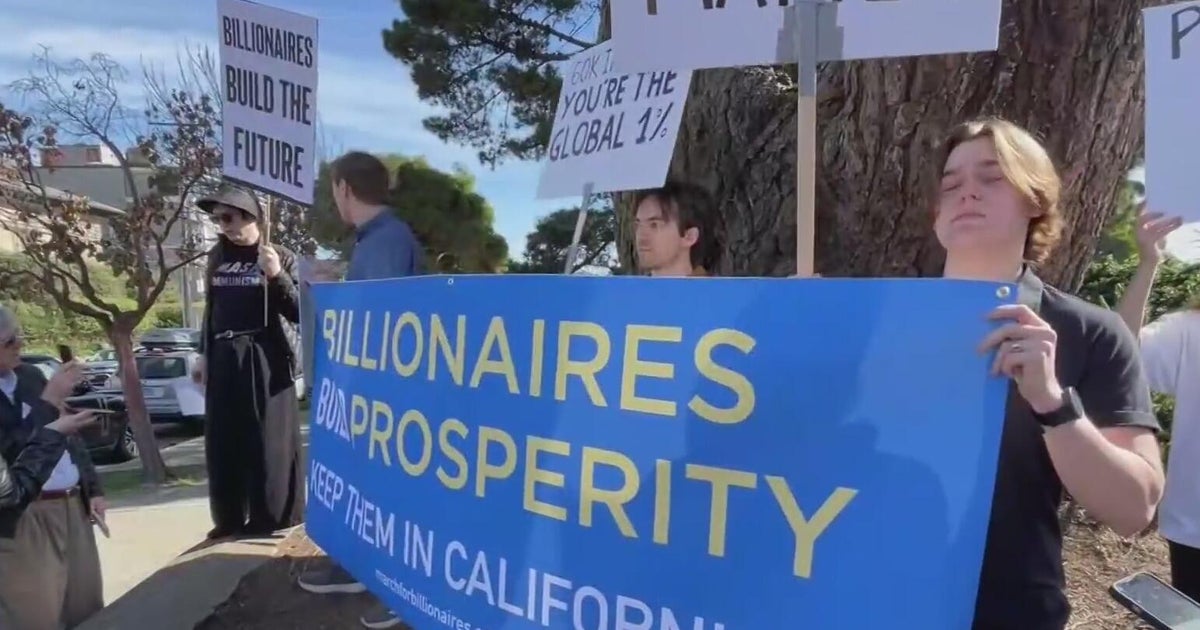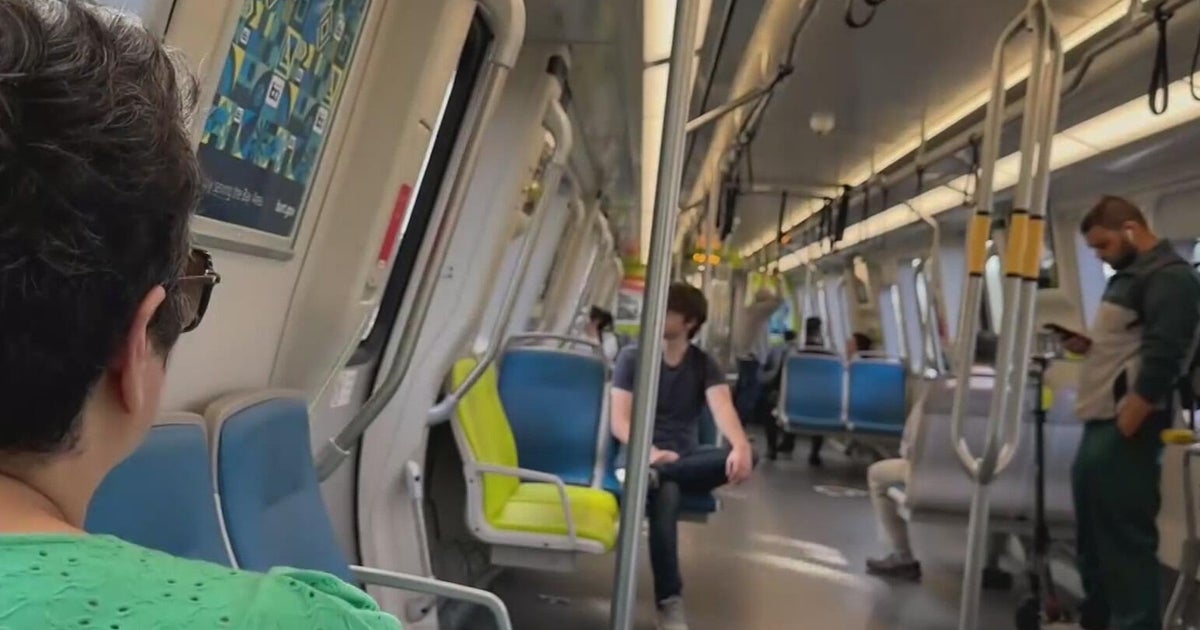Minneapolis Election: Proposed Amendment Creating Pathway For Rent Control Passes
MINNEAPOLIS (WCCO) -- A proposed amendment giving the Minneapolis City Council the authority to enact rent control by ordinance has passed.
The amendment, one of three ballot questions Minneapolis residents voted on Tuesday, earned 53% of the vote, with more than 75,000 voters in favor if the ordinance. That compares with about 66,000 people, or 47%, voting against it.
MORE: Full 2021 Election Results
The question read as such on the ballot:
Shall the Minneapolis City Charter be amended to authorize the City Council to regulate rents on private residential property in the City of Minneapolis, with the general nature of the amendments being indicated in the explanatory note below, which is made a part of this ballot?
Explanatory Note: This amendment would: 1. Authorize the City Council to regulate rents on private residential property in the City of Minneapolis by ordinance. 2. Provide that an ordinance regulating rents on private residential property could be enacted in two different and independent ways: a. The City Council may enact the ordinance. b. The City Council may refer the ordinance as a ballot question to be decided by the voters for approval at an election. If more than half of the votes cast on the ballot question are in favor of its adoption, the ordinance would take effect 30 days after the election, or at such other time as provided in the ordinance.
Supporters of rent control say that renters currently have very little control over housing costs, leaving them at the mercy of the market.
RELATED: WCCO's Full 2021 Election Coverage
City council members who supported this amendment say "rents in many parts of our city have increased faster than renters' incomes, especially for renters of color and renters with the lowest incomes."
Meanwhile, opponents of rent control said more affordable housing units are needed, not rent control. Many landlords and construction companies are concerned rent control will lead to less investment in housing, fewer construction jobs, and fewer available housing units in both cities.
READ MORE: Housing Experts Debate Twin Cities Rent Control Vote







